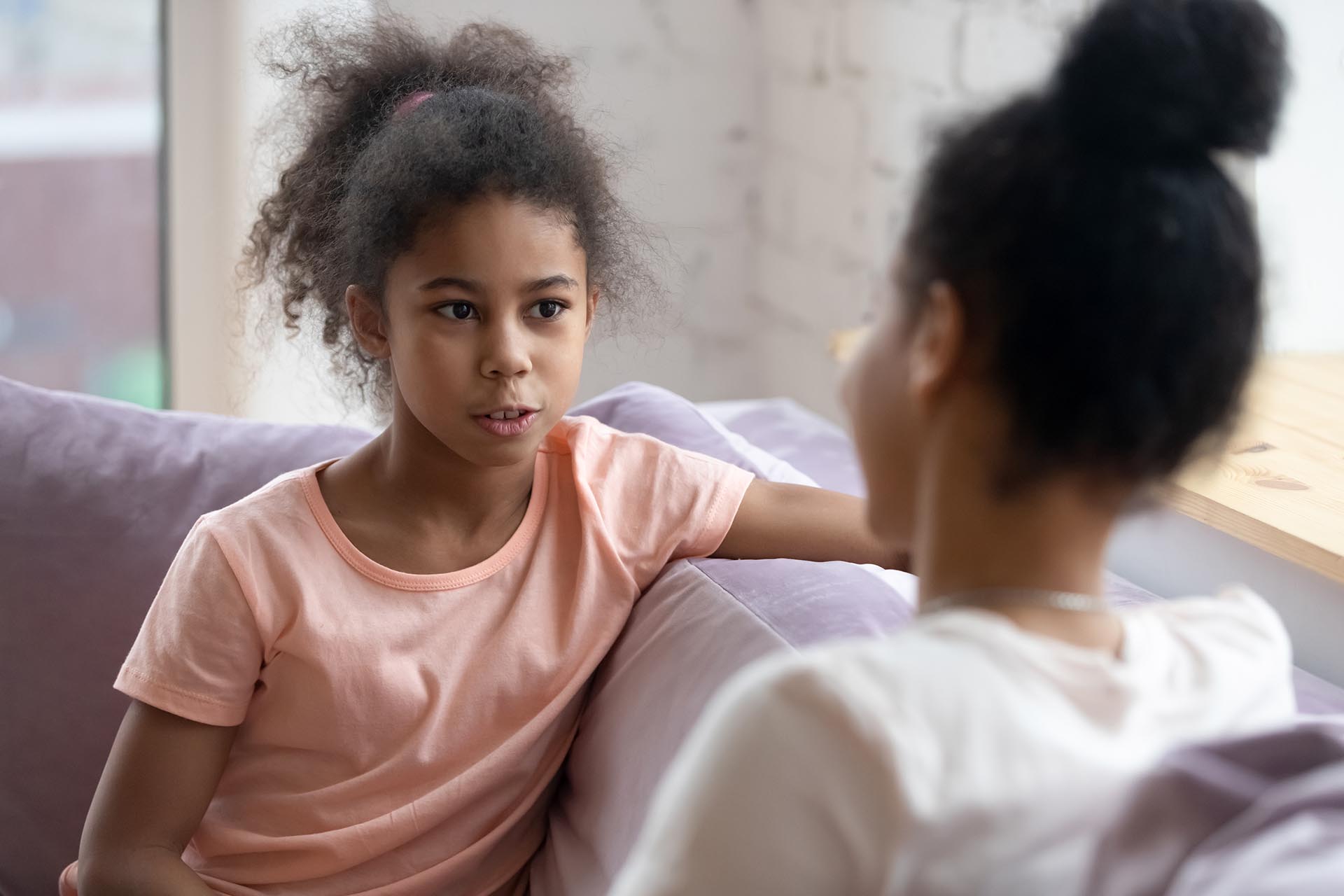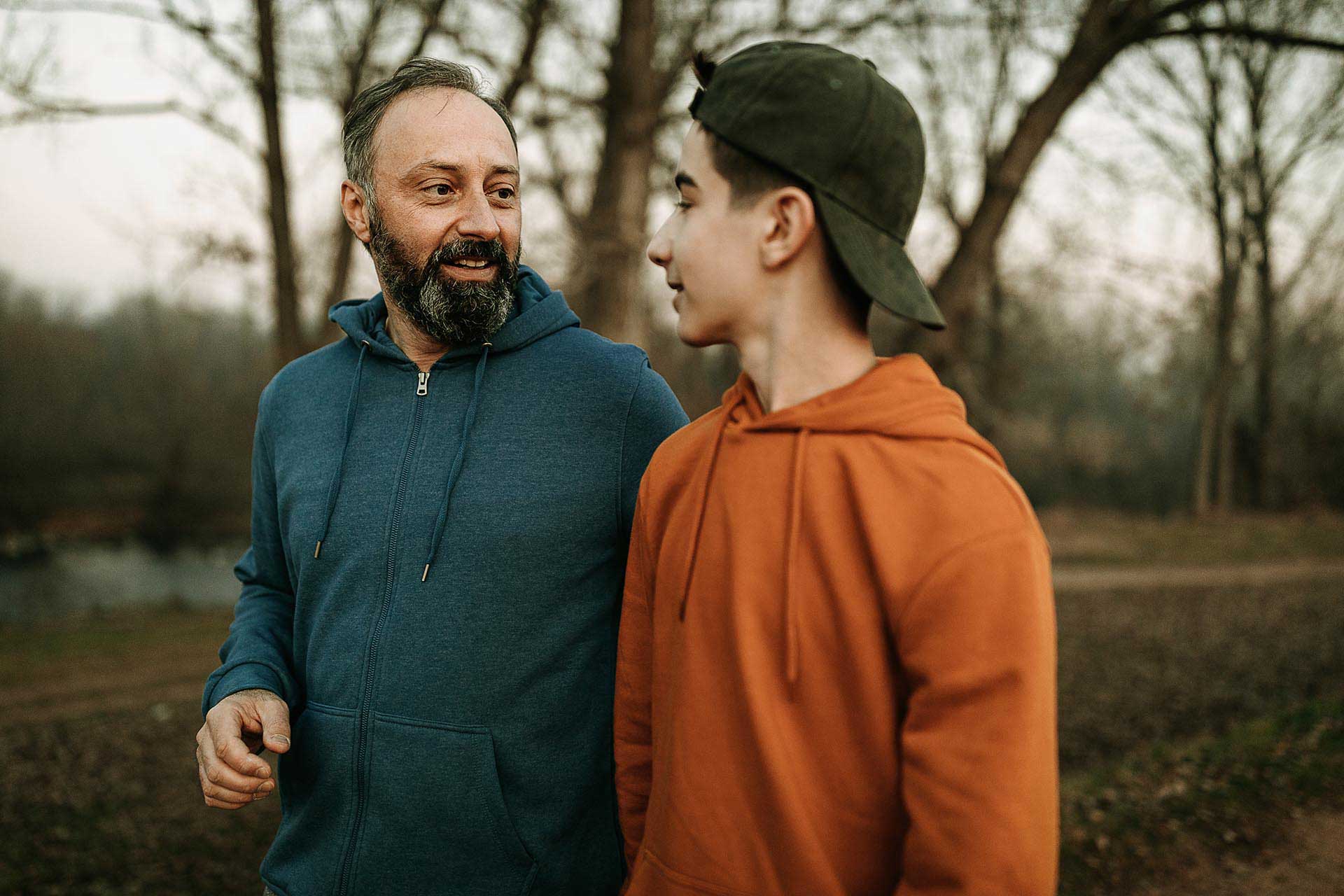This is the first in our ‘What do you do/what do you say?’ series that focuses on answering questions we receive from parents about tricky or awkward situations.
So it happens. You’re doing the washing maybe and a condom falls out of your teenager’s jeans. It’s still wrapped, which is good! Take a deep breath. And another one. Maybe one more. Feel a bit better now? It’s okay, because first of all it’s important to know that just because your child is carrying a condom, it doesn’t mean they’re having sex. Teenage boys in particular sometimes carry condoms as a status symbol to impress their friends (oh whoops, this slipped out of my wallet? What an accident). Or they do it because they’re hoping to have sex. Or not wanting to be caught out unprepared. But even if your teen has become sexually active, it’s great that they’re being sensible about protection; parents and caregivers, you’ve done something right.
By 16, you’ve hopefully had ongoing conversations with your teen around sex, relationships and consent. Whether you have or haven’t, now is a good time to check in about this. You can bring up that you found the condom, but you don’t have to. You might not want to ask them on the spot, ‘Are you having sex?’ Just let them know that they can always come to you with questions or simply to talk to you about what’s going on in their lives, and that includes their romantic and sexual lives. Most importantly, let them know that you’ll support them no matter what, and you won’t judge what they do decide to tell you.
Even if your teen doesn’t want to hear it, we recommend going over their options for contraception and having another chat about consent. This means checking in with their partner to make sure everyone is comfortable with everything happening and not putting pressure on another person to do anything. Remind them that it’s always okay to say ‘no’, and that they too should also be prepared to hear a ‘no’. Remember, talking to your teen about sex won’t encourage them to do it, in fact studies have shown these conversations tend to have the opposite effect.










